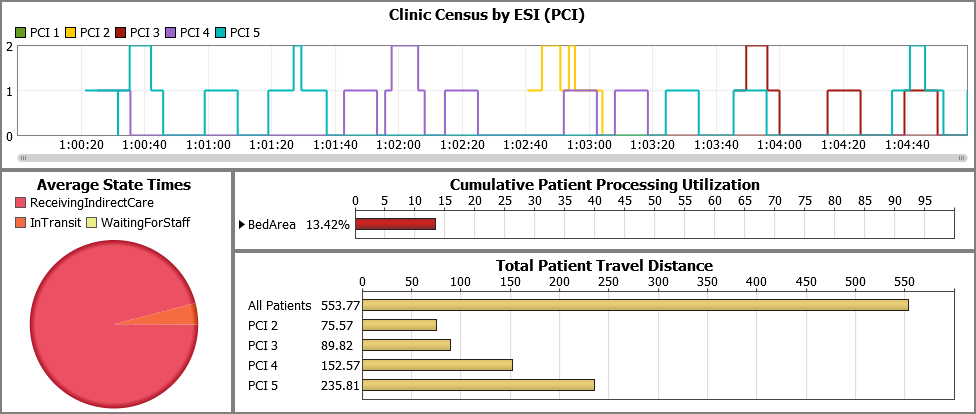I keep a registry of “buzz words” and their definitions on my laptop, mostly for my own protection. It’s so I don’t look ignorant if one pops up in an email from some colleague asking for my opinion of the latest process improvement technique or sophisticated method of system evaluation. A few days ago, I added “predictive analytics” to the list of 256 other terms designed to either elicit awe from the uninformed or admiration from the dependent public. (Apologies to my editor for the sarcasm).
In truth, we’ve come a long way from the Stone Age when the first humanoids learned to communicate by language rather than simply uttering grunts and groans to indicate hunger, danger, or whether or not “Mog” should use a deeper hue on his cave drawing of a bison. In fact, so important is language that both it and the use of tools are equally responsible for the evolution of the great civilization we enjoy today!
So, what’s my point? Sometimes, because we’re stimulated by new things, we become obsessed with re-titling old things so they’re given renewed attention. I suspect predictive analytics qualifies as just such a re-titling. Let’s take a look.
If online dictionaries are to be believed, predictive means, “to tell about something in advance of its occurrence by means of special knowledge or inference.” Analytics is defined as, “the branch of logic dealing with analysis.” No surprise there. So together, the two terms mean, “to tell about something before it occurs using logical analysis.” It seems like I remember reading something years ago that defined forecasting the same way… In fact, over time even forecasting has evolved from what, in the middle ages, might have been called prophesying. And, before that? I suspect guessing might have fit the bill.
The truth is, none of this is new stuff. It’s old stuff wrapped in new boxes with brighter bows and prettier ribbons.
In fact, the only thing that has changed over time giving predictive analytics its current moment in the evaluative spotlight is the evolution of the second part of the predictive definition dealing with “special knowledge.” Every time scientists find a new way of looking at an old process, their work gives rise to added understanding. Added understanding, assuming the process they’re looking at doesn’t fall victim to the Uncertainty Principle, almost always leads to greater predictability of events. So, maybe I’m wrong. Maybe predictive analytics does deserve a place in the annals of great moments in management science! And, if so, discrete event simulation would certainly qualify as a new contributor to understanding.
Or maybe the next generation of predictive analytics will be called “evaluative prognostication,” and I’ll have to start all over again!
